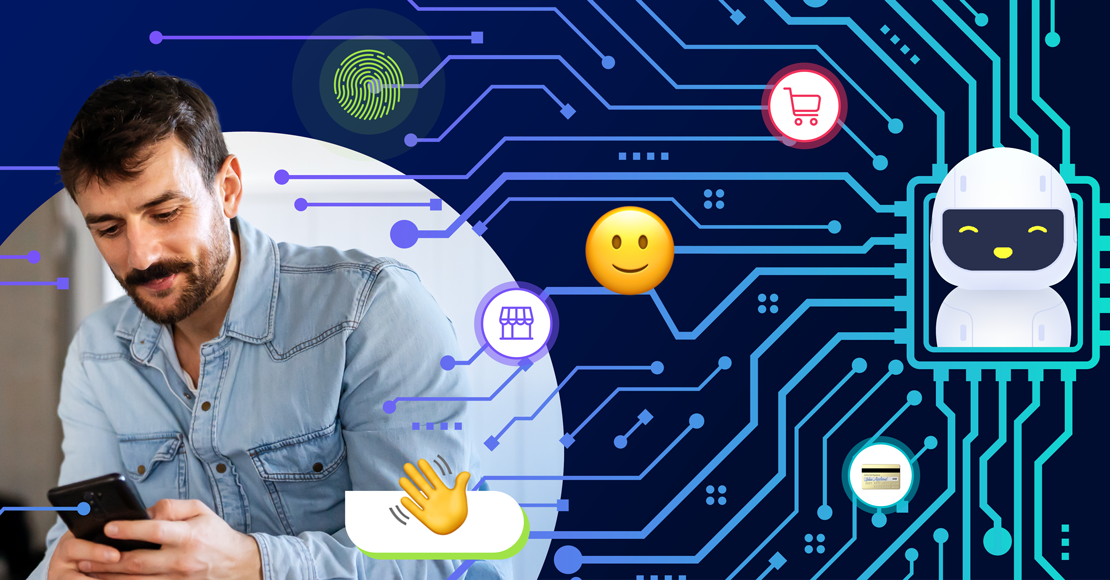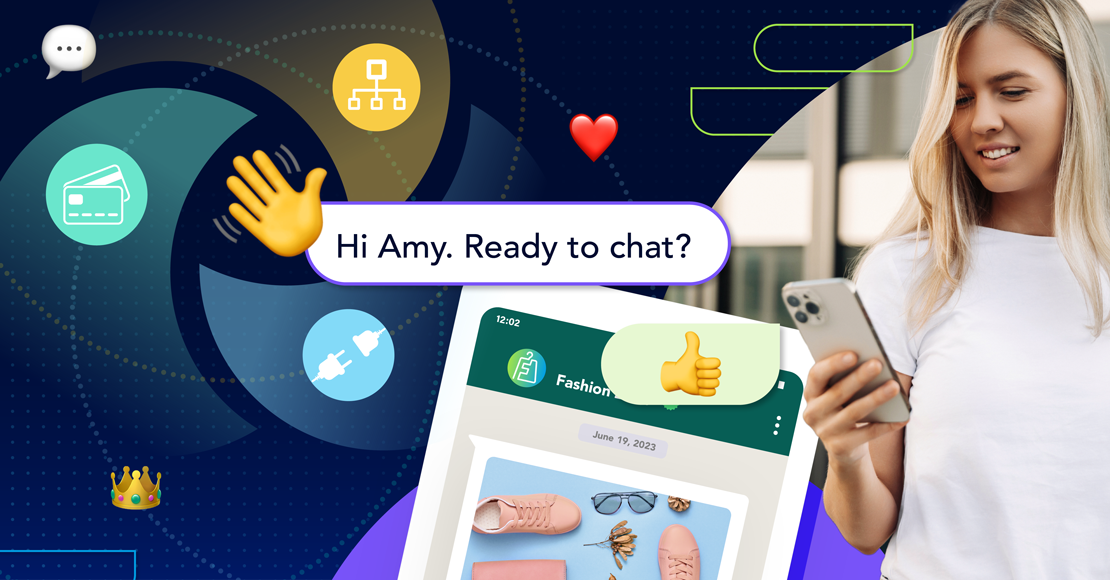
Imagine being able to walk again after being paralyzed, with the help of a microchip that could action a message from your brain to your legs. Or a diagnostic system that could pick up cancer a decade before you develop any symptoms. Or a machine that prints you a pill with a combination of pharmaceutical drugs tailored to your every need. Sounds a little farfetched, doesn’t it? Well, Dr Daniel Kraft thinks otherwise. This is the future of healthcare when partnered with AI.
Related: Industries that are ready for machine learning
This Harvard-trained oncologist is the founder of Exponential Medicine at a Silicon Valley-based university. No one could be more serious about the incredible impact that technology and AI can have on the future of healthcare.
Kraft says of emerging trends such as the IoT, AI, constant connectivity, big data, and machine learning, “This set of technologies, especially when used together, offers a real opportunity to reshape and reinvent healthcare around the planet.”
And some companies are already taking major steps towards making this future a reality. IBM’s research labs are already working on combining these technologies, incorporating AI and machine learning with newer hardware. Their greatest success to date is a supercomputer named ‘Watson’ that combines AI and sophisticated analytical software for optimal performance as a “question answering machine”.
Watson, named after IBM’s founder, currently dabbles in genomics and assists with cancer diagnoses. The AI is able to read and interpret words through natural language processing and is frighteningly good at it.
Experts at the University of North Carolina School of Medicine tested Watson’s capabilities by having the AI analyze 1 000 cancer diagnoses. In 99 percent of the cases, Watson recommended treatment plans that matched actual suggestions from human oncologists. And, because of its ability to read and process thousands of documents in minutes, Watson found treatment options that doctors had missed in 30 percent of the cases. This processing power allowed the AI to take into account all of the research papers or clinical trials that human oncologists had missed or not read at the time of diagnosis.
Here are several ways in which the AI-enabled program will impact the healthcare industry.
The interpretation of medical images
IBM’s buying of Merge Healthcare in 2016 gave the company access to more than 30 billion medical images from hospitals and clinics across America. It was an absolute gold mine. IBM will feed Watson these images in the hopes that it’ll be able to spot information that physicians might miss. Its deep learning functionality will allow it to spot patterns that evolve from this big data.
These sort of capabilities will see Watson being used to study and diagnose melanoma, a difficult form of skin cancer to spot due to its irregular manifestation.
Treating rare childhood diseases
One in 10 Americans suffer from rare diseases, and half of them are children. So IBM and Boston’s Children’s Hospital have teamed up. It’s hoped that Watson’s cognitive platform can help identify, diagnose, and treat rare pediatric diseases, such as steroid-resistant nephrotic syndrome (SRNS). For this, Watson will learn nephrology – the study of kidney function – by reading medical literature and pulling together information on mutations of the disease.
Treating patients where doctors are scarce
India barely has one doctor per 1,700 patients. Getting proper healthcare treatment in India can be an enormous task. That’s why IBM have partnered with Manipal Hospital (the third-largest healthcare network in India). They intend to use Watson to help diagnose and treat cancer patients across Manipal's 16 facilities. This means that Watson will be treating some 200,000 cancer patients each year.
Common setbacks to the use of AI in healthcare include a lack of data exchange, compliance with regulations, and patient and provider adoption. Fortunately, the more sophisticated and accessible AI gets, the easier these challenges will be to overcome. If you’re interested in other ways AI can benefit us, then read our latest article on the subject. It touches on healthcare but also explores other realms including space and business.
Explore other articles
Step into the future of business messaging.
SMS and two-way channels, automation, call center integration, payments - do it all with Clickatell's Chat Commerce platform.








